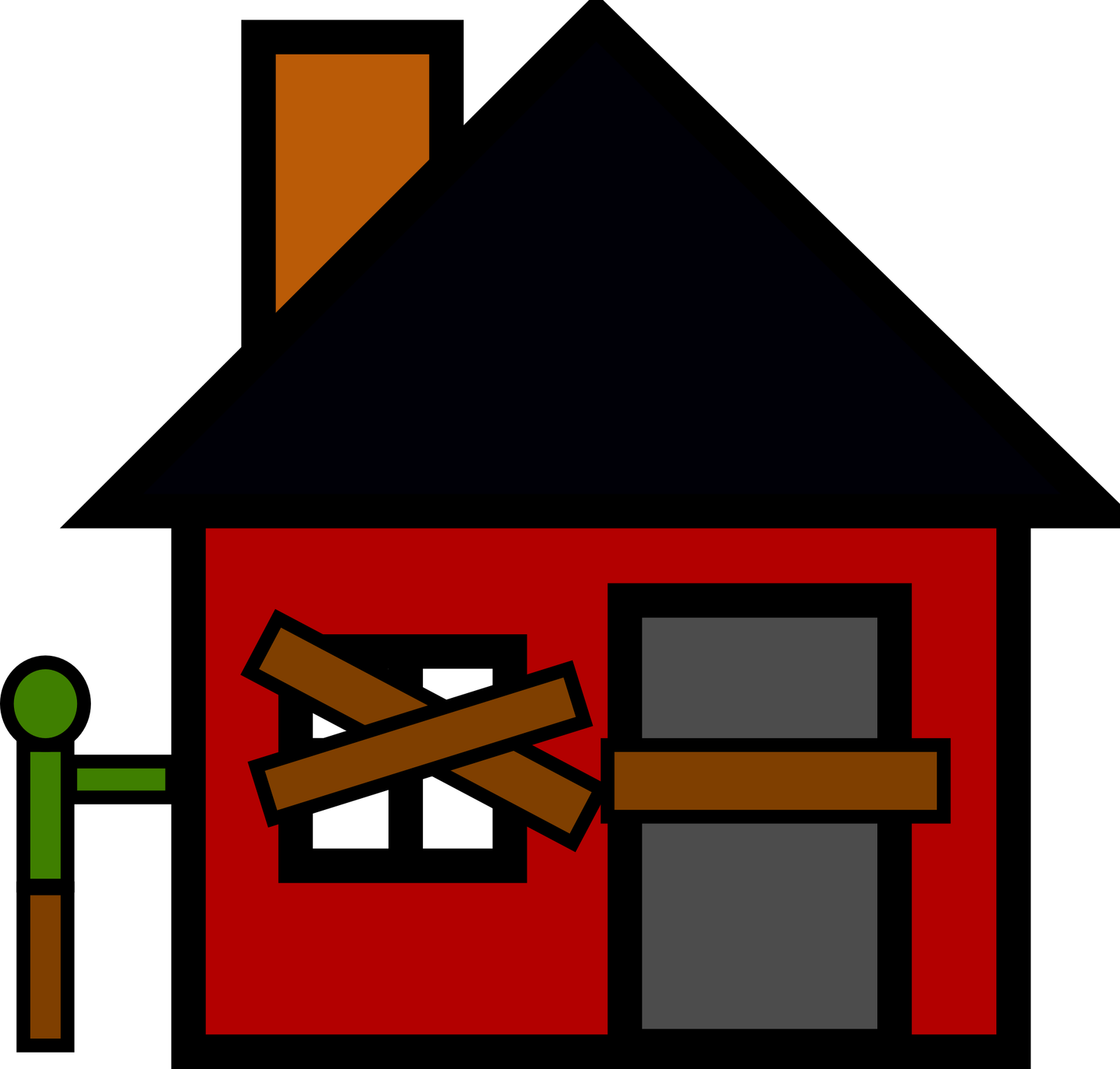
08 May What Happens After an Eviction Judgment in New Jersey?
Around 6,300 people are evicted from their homes every single day in America. This statistic may not tell the whole picture because these are only the evictions ordered by a judge. Landlords evict tenants as well.
When your case does end up in front of a judge, all parties involved should be aware of the laws and how the process works. What happens at an eviction hearing is just part of the whole process.
What happens after an eviction judgment? How long after an eviction court date do you have? Do you have loads of questions about what to do after an eviction judgment?
What Happens After an Eviction Judgment in New Jersey?
The court case is over. What happens next?
There are steps to follow when carrying through the process of eviction.
Judgment for Possession
If the judge rules in favor of the landlord, a judgment for possession is entered by the judge. This gives the landlord the right to apply for a warrant for removal to have the tenant removed from the property. The removal will not happen that day and the tenant can still take some steps to avoid eviction or request more time to vacate the premises.
Warrant for Removal
If the judge issues a warrant for removal, the landlord sends it to the clerk of the court who in turn hands it over to court officer. The court clerk cannot issue the warrant for removal until 3 days after the judgment for possession is handed down by the judge.
Once the court officer receives the warrant for removal, a copy is served to the tenant. At this point, the tenant has three options:
- Contest the warrant and request a new court date to show proof that the tenant should not be evicted. All rent payments need to be up-to-date in order to contest the warrant
- Move out within the three days
- Be removed by the court officer. The officer escorts the tenant out of the apartment or home and he or she padlocks the door
Please note: In New Jersey, the tenant can be arrested if the officer has to use force or if the tenant refuses to be evicted.
In the event of eviction from the property, the landlord may not keep the tenant’s belongings in an effort to collect rent.
Landlord/Tenant Agreement
Even after a judgment for possession and a warrant for removal, the landlord and tenant can still try to come to some sort of agreement to void the eviction process.
If the two parties can come to an amicable agreement, write it up and file it with the court.
Try to Avoid Eviction in the First Place
Now that you know what happens after an eviction judgment, you probably want to do all you can to avoid getting to that point.
Contact us with your questions about landlord and tenant law or a host of other legal questions. You’ll find we have experience when it matters most.



Sorry, the comment form is closed at this time.